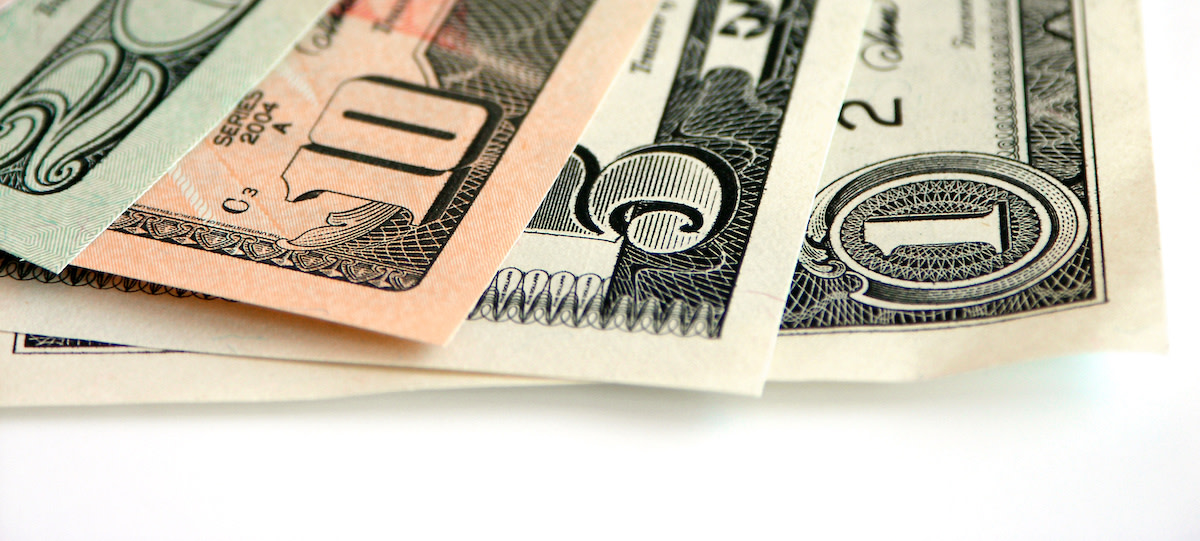What Is Fiat Currency? Definition Plus How Fiat Money Works
Written by MasterClass
Last updated: Feb 10, 2023 • 1 min read
Fiat currency is any type of major currency a government issues and backs. A national currency a government issues or currencies commercial banks issue qualify as fiat money.
Learn From the Best
What Is Fiat Currency?
Fiat currency, or fiat money, is any type of currency the issuer backs, in contrast to a currency a physical commodity—such as gold or silver—backs. The most common form of fiat money is currency a government entity issues, backs, and regulates. In this regard, United States dollar bills, the euro, the British pound, and other foreign currencies are fiat money.
Another type of currency is commodity money or representative money, such as the gold standard, which is a money supply in which the fixed amount of gold supply dictates the purchasing power of the dollar.
How Does Fiat Currency Work?
Fiat currency is any form of money an entity issues, backs, and regulates. This can be paper money, digital currency, or any monetary system with a medium of exchange.
Governments who want to control their own currency system without the volatility of precious metals use fiat money. For example, the US Federal Reserve System, which acts as the nation’s central bank, backs the US government’s currency system. As a reserve bank, the Fed is able to exercise greater control over the financial system; for example, it can issue an unlimited supply of legal tender as paper currency or banknotes to combat hyperinflation.
What Is the Difference Between Fiat Currency and Cryptocurrency?
While an issuer backs fiat money, a native blockchain with no central authority backs cryptocurrencies, such as Bitcoin. The cryptocurrency community dictates crypto’s intrinsic value, directly affecting the exchange rate and deflation or inflation of the currency.
Learn More
Get the MasterClass Annual Membership for exclusive access to video lessons taught by the world’s best, including Paul Krugman, Doris Kearns Goodwin, Ron Finley, Jane Goodall, and more.
